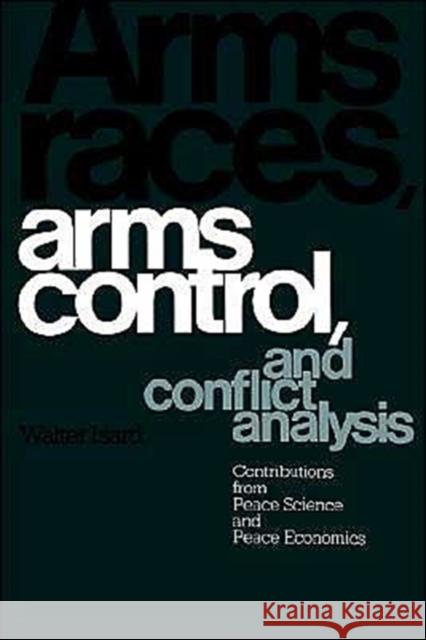Arms Races, Arms Control, and Conflict Analysis: Contributions from Peace Science and Peace Economics » książka
Arms Races, Arms Control, and Conflict Analysis: Contributions from Peace Science and Peace Economics
ISBN-13: 9780521368421 / Angielski / Miękka / 1989 / 556 str.
Demonstrating the ways in which work in a broad range of fields can be pulled together in the analysis of conflict, this book provides the reader with a general introduction to the principles of conflict analysis and lays a methodological foundation for the further development of the interdisciplinary field of peace science. The text begins with an extensive survey of arms race models, from the classic Richardson model to models exploring the effects of factors such as the domestic and international economic environment, public opinion and party politics, and weapons technology and information development. The processes of individual and group problem-solving, in both crisis and non-crisis conditions, are examined, drawing on work in economics, operations research, cognitive science, and artificial intelligence. Building on this diverse body of work, the author moves on to develop a framework for conflict management with which to approach a variety of conflict situations and applies this procedure to the United States-Soviet arms control conflict. Walter Isard is cited by Mark Blaug as one of the Great Economists Since Keynes (CUP, 1989 paper edition).











